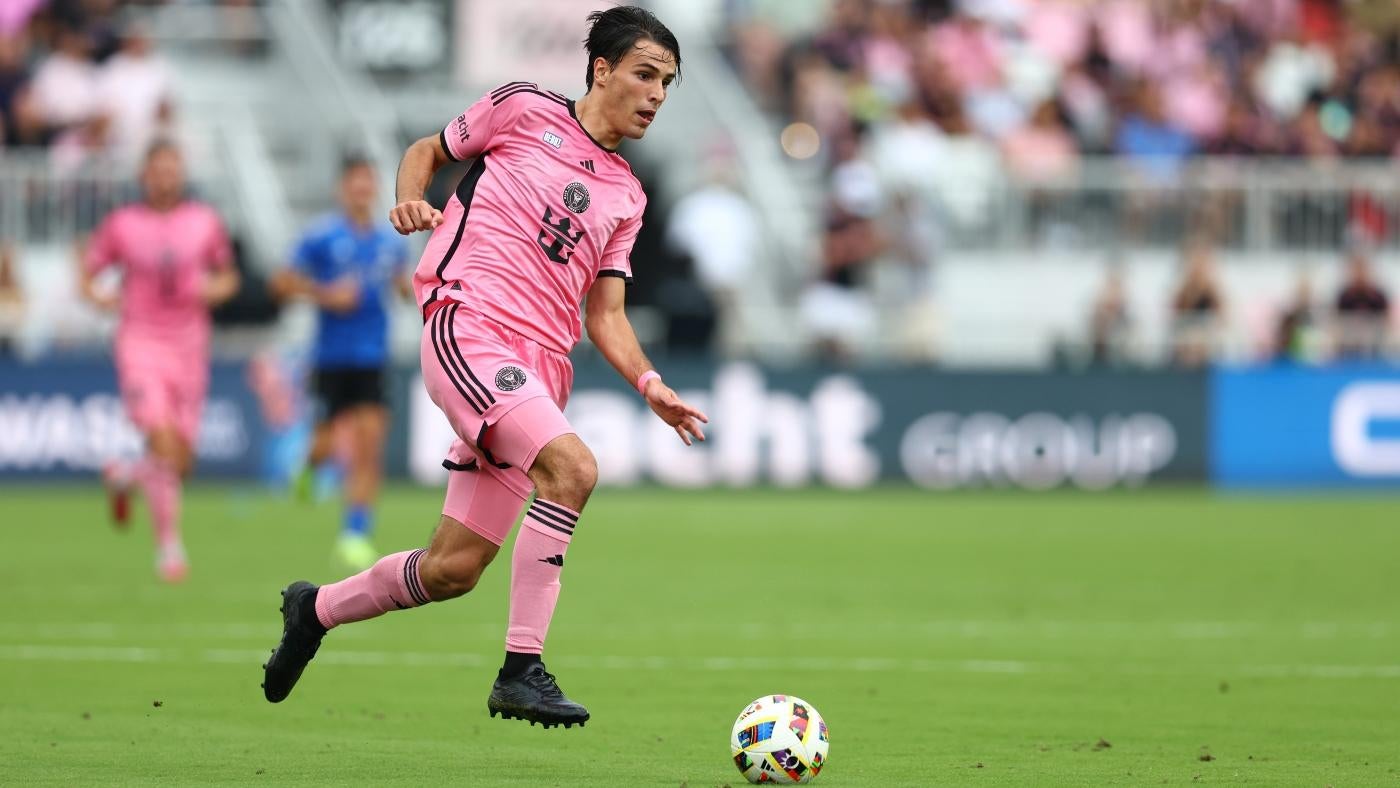USWNT’s Twila Kilgore era sees program in a better spot than she found it after W Gold Cup glory
Written by CBS SPORTS ALL RIGHTS RESERVED on March 11, 2024
SAN DIEGO, CALIF. – United States women’s national team interim manager Twila Kilgore has been in charge of leading the team until a new coach comes on board, and ahead of Emma Hayes’ arrival this summer, the program is in a better spot than she found it.
In front of a record crowd of 31,528 at Snapdragon Stadium, the U.S. women’s national team won the first-ever W Gold Cup on Sunday. Facing long-time rivals Brazil, the two sides played a physical and cagey opening fifteen minutes of the final before Lindsay Horan’s first-half winner in the 1-0 victory.
Kilgore, with the team since August, guided the red, white and blue to their first title since their 2023 FIFA Women’s World Cup exit. They did it with different playing styles, earned wins and suffered losses through some unique circumstances and the now leave the 2024 Concacaf W Gold Cup the way they intended, as champions and leaders of the region.
Part of why that has happened has been Kilgore’s vision for this team, the talent pool, and the future, and every game in the tournament seemed to provide a different lesson. Whether it was tactical adjustments, player rotation, or literal rain storms, the USWNT embraced the moment in front of them.
With the trophy in their arms, they won on many fronts, not just the scoreboard.
Player rotation
Kilgore has been vocal about the collaborative process in managing the team till Hayes’ arrival. They named a 23-player roster for the Gold Cup and the tournament was the USWNT camp’s first group of players to be evaluated in 2024. Nearly every player participated during matches throughout the tournament, though only some goalkeepers were used. The objective of getting less-capped players more time in camp and crucial tournament experience was achieved.
The young guns did not disappoint. There was 18-year-old Olivia Moultrie, who scored two goals in her tournament debut and 19-year-old Jaedyn Shaw, who scored a goal in each of her four starts. Midfielders Sam Coffey and Korbin Albert have been given time to adapt to each other in the middle third and develop some chemistry with both looking like key pieces moving forward.
Veterans Alex Morgan, Becky Sauerbrunn, Alyssa Naeher, Abby Dahlkemper, and Crystal Dunn have been able to impose their wisdom and knowledge on players just getting their footing with the senior national team and that bodes well for the future.
Tactical adjustment
The squad kicked off the tournament with a more fluid style that Kilgore has been trying to get the team to build off since their round of 16 exit in the World Cup. Better ball progression was on full display, along with extended moments of interchange, and players were complimentary of formational fluidity throughout the competition.
Even in matches where the game plan had to be tossed out of the window due to mentality or gamesmanship, or even weather, there were lessons learned through adaptation.
Still, they weren’t without moments of stagnation and periods of more individualist play. They proved in this tournament was that they can turn on the switch for more cohesive connectedness.
Tournament perspective
Ultimately, the Gold Cup and the USWNT achieved their objectives. The federation wanted a standalone marquee event for senior national teams in the region that was not tied to a World Cup or Olympics. It delivered the goods and every national team invited put on a show for everyone who tuned in.
For the United States, its mission, to win the Gold Cup, is now accomplished. And having this tournament in the future will only help their progression and that of their regional rivals by getting in more high-level games.
 KVSP
KVSP 





